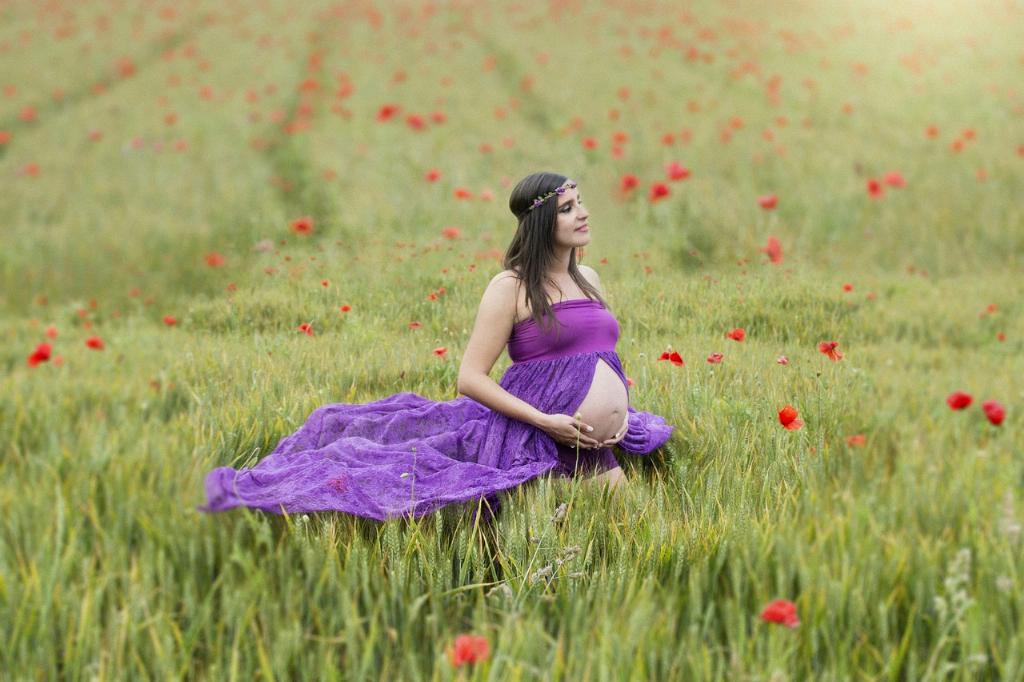When it comes to the topic of pregnancy and libido, there is a myriad of factors at play that shape an individual’s sexual experience during this transformative time. One common question that arises is whether being pregnant can have an impact on one’s level of arousal and desire. Let’s delve into this intriguing subject and uncover the complexities that underlie the relationship between pregnancy and sexual feelings.
The Influence of Hormones
Throughout pregnancy, the body undergoes significant hormonal changes that can have a profound effect on a woman’s libido. While some individuals may experience an increase in sexual desire due to heightened levels of certain hormones, others might find that their libido diminishes as a result of hormonal fluctuations. It is essential to recognize that these hormonal shifts can vary greatly from person to person and can impact one’s sexual experiences differently.
Embracing the Pregnant Body
For many women, pregnancy is a period of immense change in both their physical appearance and emotional state. Some individuals may find that embracing their pregnant body enhances their sense of sensuality and desire, leading to an increase in sexual arousal. This newfound acceptance and appreciation of one’s changing physique can contribute to a heightened level of comfort and confidence in engaging in intimate moments with their partner.
Physical and Emotional Factors
Aside from hormonal influences and body image perceptions, various physical and emotional factors can also play a role in determining one’s level of sexual desire during pregnancy. Health concerns, discomfort, fatigue, and emotional stress are all common experiences that pregnant individuals may encounter, which can significantly impact their libido. It is essential to consider the holistic nature of pregnancy and recognize that a multitude of factors can contribute to fluctuations in sexual interest.
The Role of Partner Support
Another critical aspect to consider in the context of pregnancy and libido is the role of partner support and communication. Open and honest dialogue between partners regarding each other’s needs, desires, and concerns is crucial in maintaining a healthy and fulfilling intimate relationship during pregnancy. Feeling supported, understood, and emotionally connected to one’s partner can positively influence one’s sexual experiences and overall well-being.
Managing Expectations and Realities
It is important to acknowledge that pregnancy is a unique journey for every individual, and there is no one-size-fits-all answer to the question of whether being pregnant turns you on. Managing expectations, being compassionate towards oneself, and embracing the evolution of one’s sexual experiences throughout pregnancy are key aspects of navigating this dynamic and multifaceted time in a woman’s life.
Seeking Professional Guidance
If you are experiencing concerns or significant changes in your libido during pregnancy, it may be beneficial to seek professional guidance from a healthcare provider or a mental health professional. These experts can offer personalized advice, support, and resources to help address any underlying issues and enhance your overall well-being.
Conclusion
In conclusion, the relationship between pregnancy and libido is a complex and nuanced one that can be influenced by a variety of physiological, psychological, and relational factors. Whether being pregnant turns you on is a highly individual experience that can differ from person to person. By understanding and addressing the various elements that contribute to one’s sexual experiences during pregnancy, individuals can navigate this period with greater awareness, compassion, and self-care.

